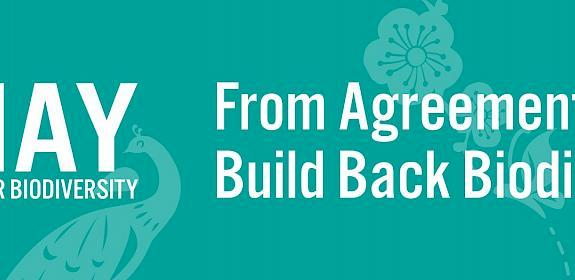Malaysian Customs road test localised Guidelines for verifying timber legality
Kuala Lumpur, Malaysia, 8th November 2019—A first-of-their-kind guidelines to verifying the legality of timber in trade have been successfully trialled by customs officers in Malaysia and are now available to help enforcement officers worldwide and for localisation to suit national use.
The Guidelines for Verifying Timber Legality, completed in 2018, were translated and adapted to Malaysia’s laws and regulations and pilot tested through a series of workshops involving 59 officers from the Royal Malaysian Customs (RMC) and timber licensing-related agencies.
The Guidelines provide enforcers an overview of illegal logging and illegal timber trade, crime scenarios, checklists for customs officers, and lists of partners and experts they can go to for help and resources.
The Guidelines also contain customs harmonised (”HS”) codes for timber and timber products, guidance to help with rapid field identification of timber species and references to conventions, laws and other measures to counter illegal timber trade.
The Malaysian Timber Industry Board (MTIB), who led the project, officially handed over the localised Malaysian guidelines to the RMC at the closing capacity building workshop last month, which was facilitated by TRAFFIC.
Speaking at the workshop, MTIB Director General Mohd Kheiruddin Mohd Rani singled out the risk of illegal timber entering the supply chain and mixing with legally sourced timber as a major area of concern for Malaysia, especially where it concerned cross-border timber trade.
He said a lack of a specific guidance and reference materials for customs and other frontline officers for use in daily operations spurred the initiation of the project.
Venitha Lojuti, Senior Assistant Director Customs II of the Customs Division, received the Guidelines on behalf of the RMC.
MTIB and TRAFFIC together with customs officers have also developed a training module on use of the Guidelines. The effectiveness of the Guidelines and associated training, as well as lessons learned were discussed at the closing workshop by participants who also included officers from Sabah Forestry Department, Sarawak Timber Industry Development Corporation and the Forest Department Sarawak.
Chen Hin Keong, TRAFFIC’s Senior Advisor, Forest Governance and Trade said the success of the project was the result of close co-operation between MTIB, Customs and other timber licensing-related agencies in Malaysia.
There is a need for co-operation between ASEAN and Asian countries to ensure the regional trade in tropical timber is legal and sustainable, and MTIB can take the lead in encouraging neighbouring countries to work together on localising the Guidelines
Chen Hin Keong, TRAFFIC’s Senior Advisor, Forest Governance and Trade.
The project was a result of collaboration between the World Customs Organization (WCO), MTIB and TRAFFIC which began in 2016. TRAFFIC obtained funding from the US Bureau of International Narcotics and Law Enforcement (INT), and the Japanese government via the International Tropical Timber Organization (ITTO), to develop the generic Guidelines.
This project received funding from the FAO-EU FLEGT Programme to localise the Guidelines for the Malaysian Customs Administration.





